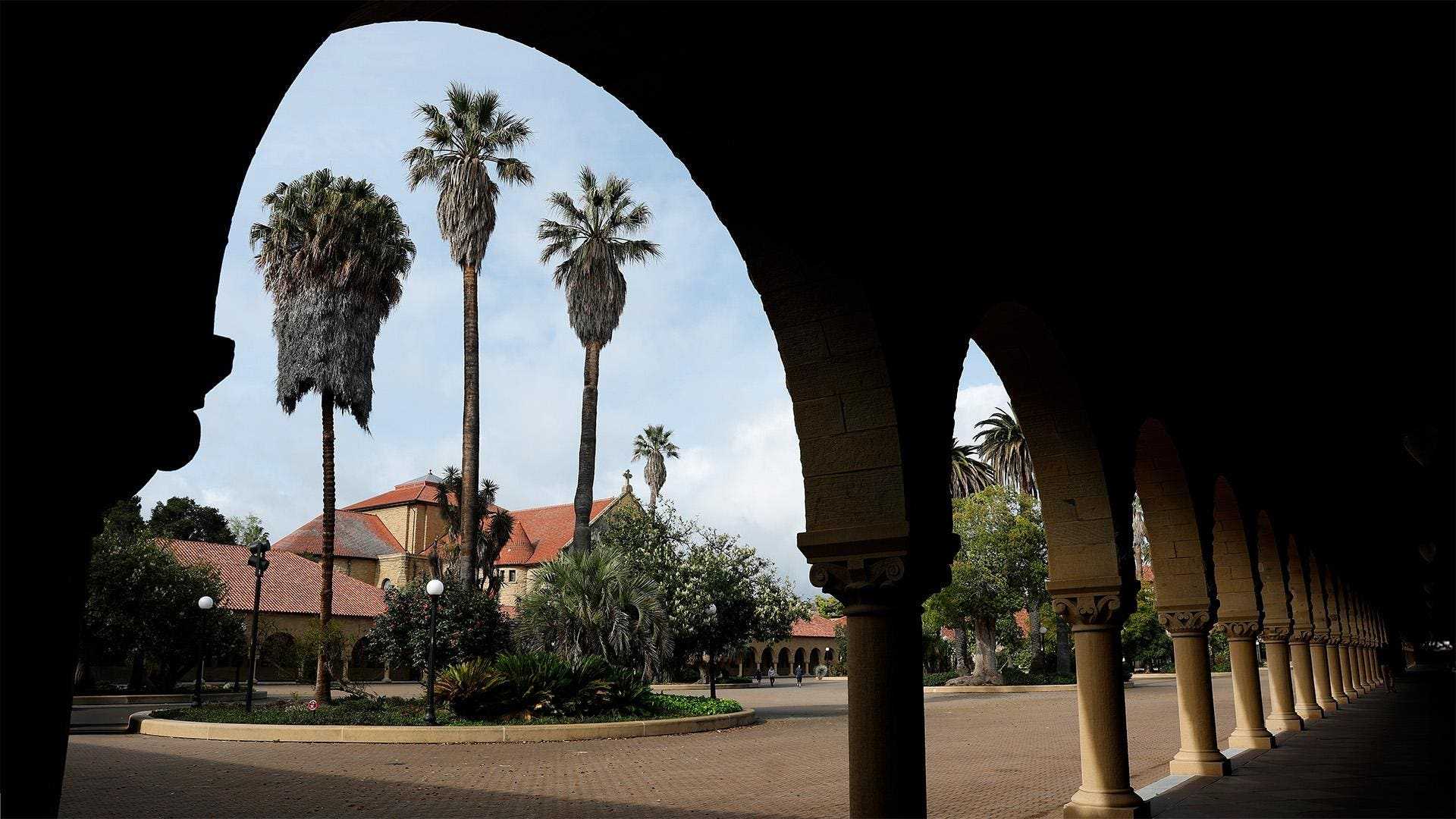Education
Columbia University Faces $20 Million H-1B Visa Fee Impact

New York, NY – Columbia University is bracing for a potential financial blow of up to $20 million annually due to a proposed $100,000 fee on H-1B visas for new hires, as reported by the Columbia Spectator. This fee, part of a White House proclamation issued on September 19, 2025, is set to affect its recruitment of international researchers and staff during a challenging time for the university.
The fee would only impact new visa petitions filed after September 21, 2025, not current holders or those seeking renewals. Many universities, particularly Columbia, rely on international talent essential for research and teaching. In the fiscal year 2025, Columbia sponsored 112 new H-1B hires, including postdoctoral fellows and assistant professors, showcasing its dependence on global talent.
Historically, Columbia has seen fluctuations in new H-1B hires, with 189 in 2023 and 168 in 2024. If these hiring patterns persist, the proposed fee could result in costs ranging between $10 to $20 million annually. However, visa transfers from other employers may be exempt from the new fee, potentially mitigating some financial strain.
Columbia’s International Student and Scholars Office noted that only petitions submitted after 12:01 a.m. on September 21 would be subject to the fee. Individuals holding approved H-1B visas or I-797 documents are unaffected. The university’s spokesperson stated, “the situation is fluid” as Columbia evaluates the implications of the fee on its global talent acquisition.
Columbia ranks 11th among U.S. educational institutions for sponsoring H-1B visas, according to data from the U.S. Citizenship and Immigration Services for fiscal year 2025. The H-1B program allows the hiring of skilled foreign workers in fields requiring specialized knowledge, such as research scientists and medical residents. Notably, universities are exempt from the annual lottery and cap that corporations face, lending them greater flexibility in hiring.
This proposed fee comes during a tumultuous period for Columbia, which experienced the cancellation of $400 million in federal grants due to accusations regarding its handling of antisemitism complaints against Jewish students. This led to the halt of payments from the National Institutes of Health and substantial layoffs among researchers.
In July, the university agreed to a $200 million settlement over three years with the federal government, including a $21 million claims fund aimed at supporting Jewish employees impacted by antisemitism. Columbia also pledged to strengthen oversight of its admissions processes regarding international students.
The proposed H-1B fee adds further uncertainty to Columbia as it strives to attract and retain top international talent. Other universities across the nation are watching closely, as this move may reshape future recruitment strategies for foreign experts in high-demand academic sectors.












